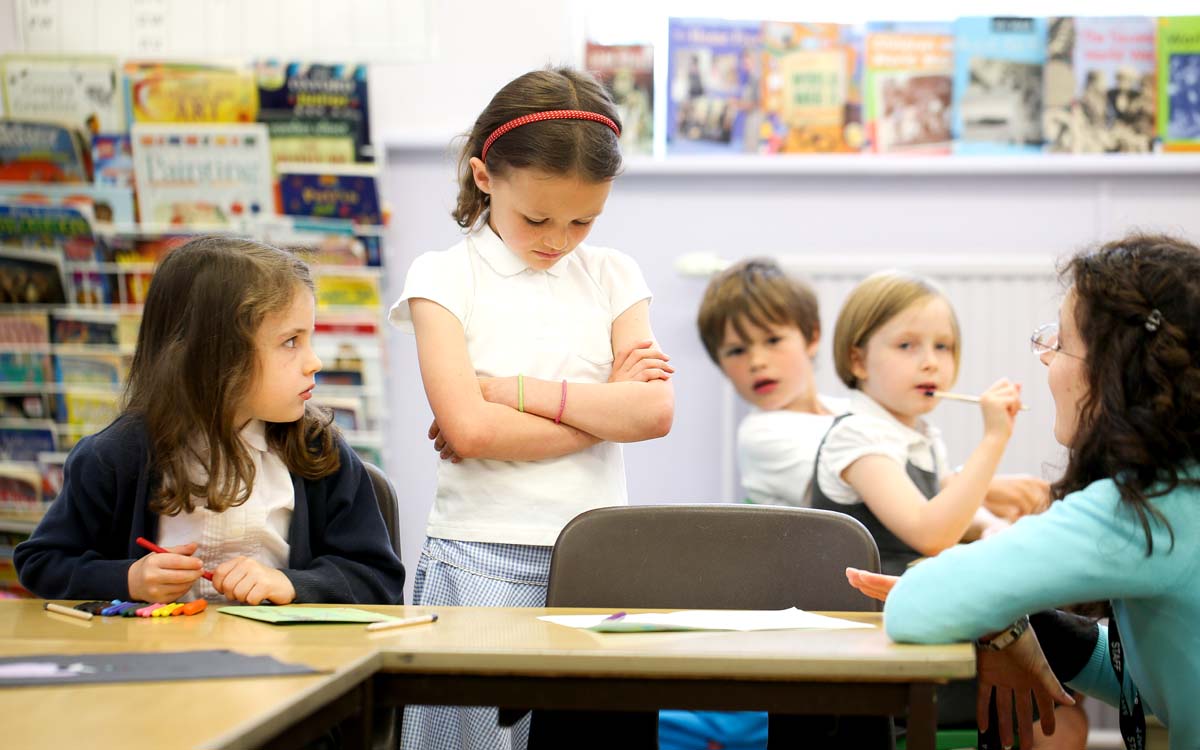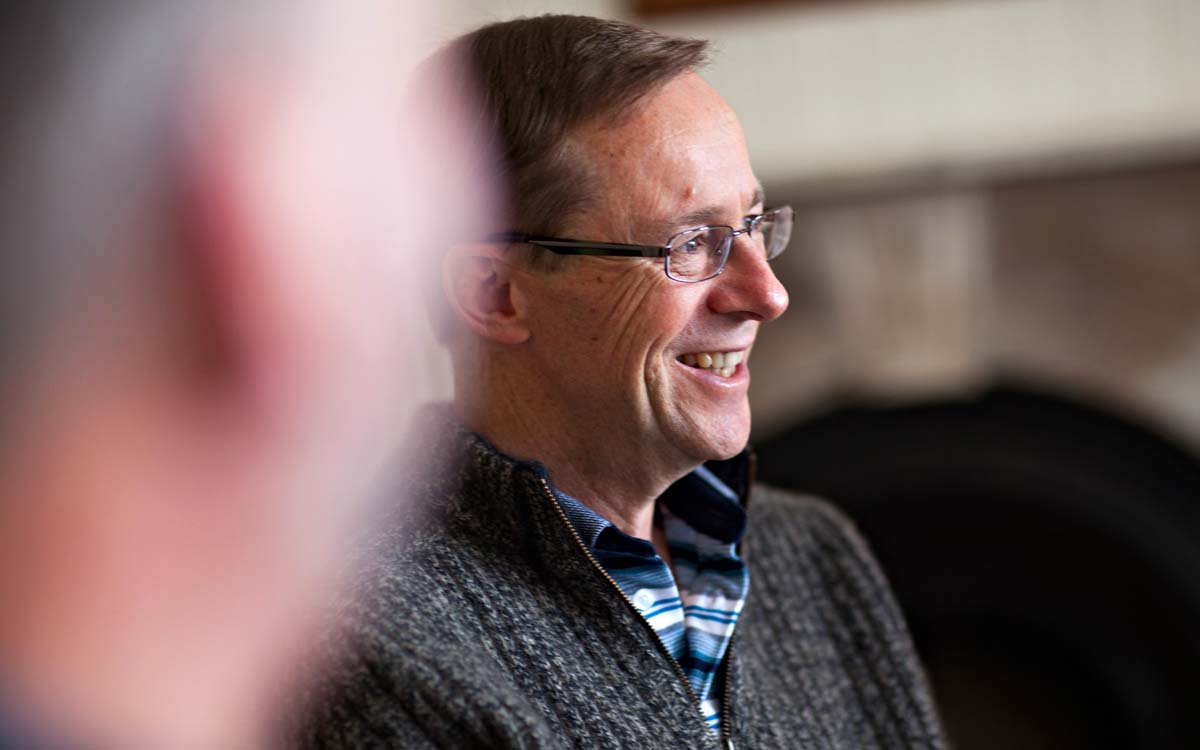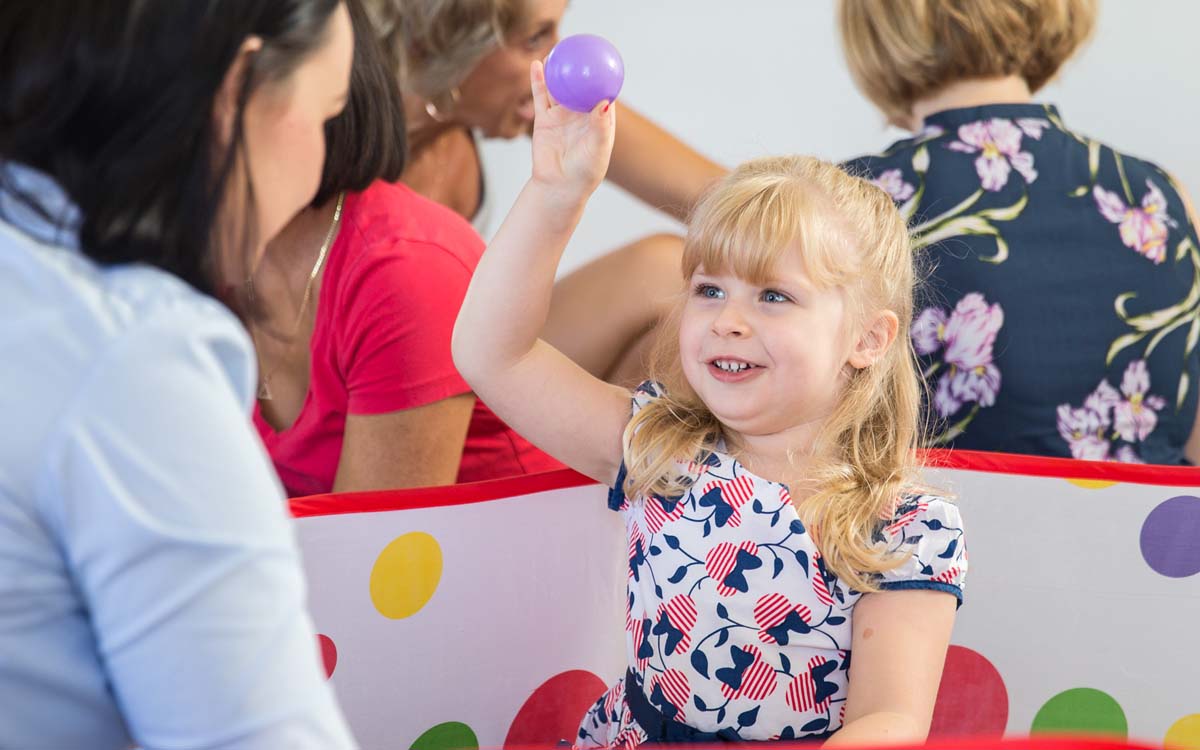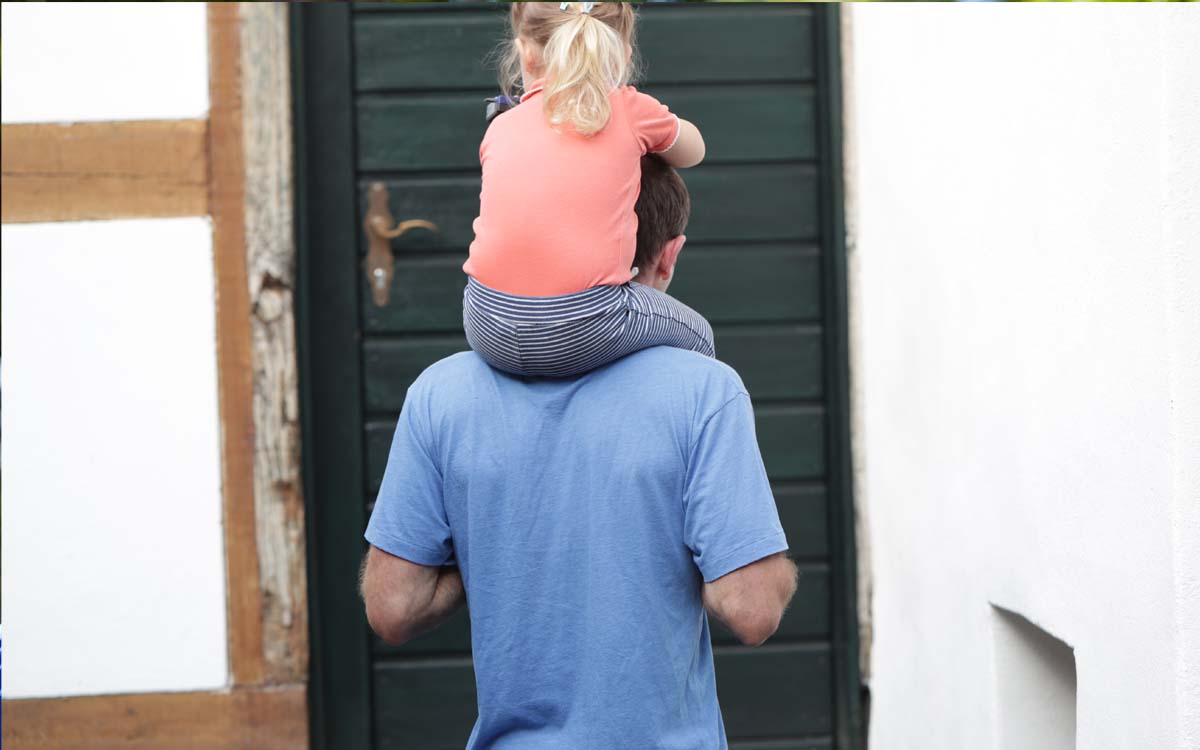It is not uncommon for children to be lied to by their parents! These lies might be little white lies or lies we say are ‘for their good’ … they can even be very big lies!
Coming into the Christmas season the tales, fables and stories shared with children tend to increase and we as adults can create lifetime patterns of children growing up with many untruths.
Ultimately, a lie is a lie no matter how big or small it is. To me, it seems a bit (well, VERY) contradictory, as parents and adults are often the first to preach to children:
DO NOT LIE!
Yet equally so, these same people are the first to lie to children!
I have begun to question ‘is any lie a good lie’? The question I have are from a wellbeing perspective is ‘what impact does this have on our children’s developing psychological wellbeing?’
As I’ve always taught at Fabic, we adults will teach best by living what we teach … living the way we would like our children to live now and in their future.
Our children will learn much more by watching and feeling than they will by hearing what we say. If our words and behaviours match, then we have created a foundation that is worth trusting and our children will be more likely to believe what we say. However, if our words and behaviours do not match, then their trust for us will deteriorate!
Thus, if we want our children to grow up:
- Eating and living healthily, the best way to teach them is to eat and live healthily ourselves.
- Harming their bodies, then if we live in a way that is harming to our own bodies, our children will learn that this is the way to live or
- She is becoming a woman now; do I keep showing her affection?
- How do I physically be with my daughter?
- How do I talk to her about this ‘girl stuff’?
- Do I still have a part to play in my daughter’s life?
The key is to live in a way you endorse for your children to live.
Research released by Massachusetts Institute of Technology (MIT) suggests that children learn to mistrust adults who lie to them – especially when they are only told part of a story. If this is the case, and it certainly fits with my theory that we learn trust when behaviours and words match, then what quality of relationship is being created when the foundation of the parent (or any adult) and child relationship includes lies? Lying as adults teaches our children to become liars themselves. However, more deeply harming is that it creates a foundation of mistrust which will be carried throughout their life.A foundation built on mistrust will lead to a foundation of anxiety!The key:
- Live the way you would endorse for your children to live!
- Children learn most by watching and feeling you!
This article was originally published in the November 2014 Edition of Haven Magazine.







